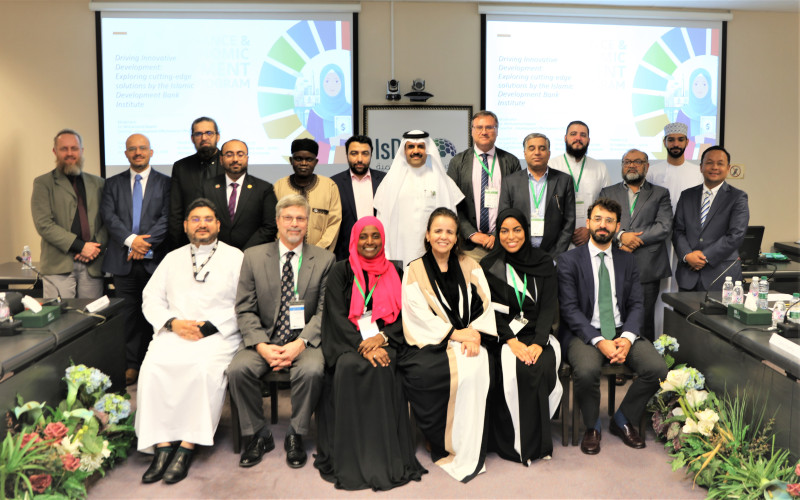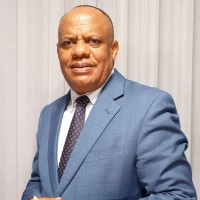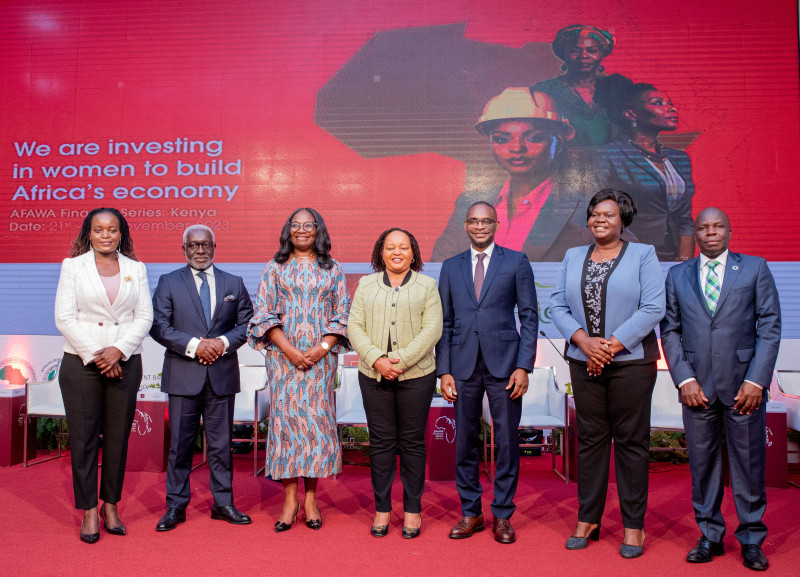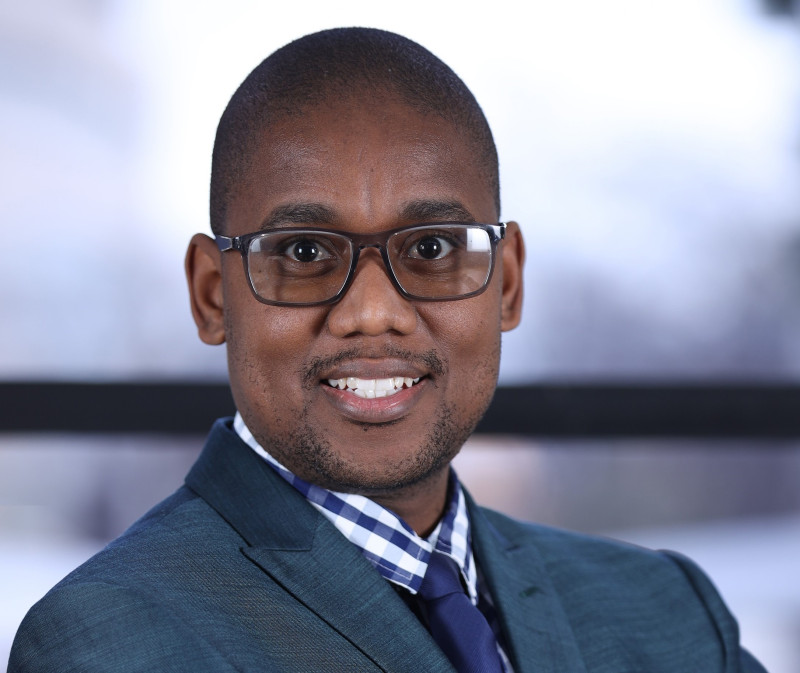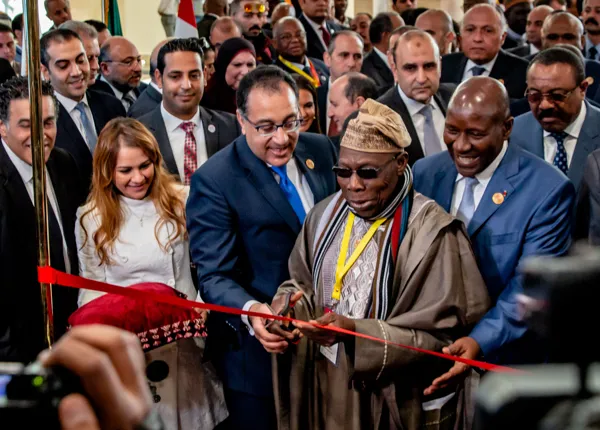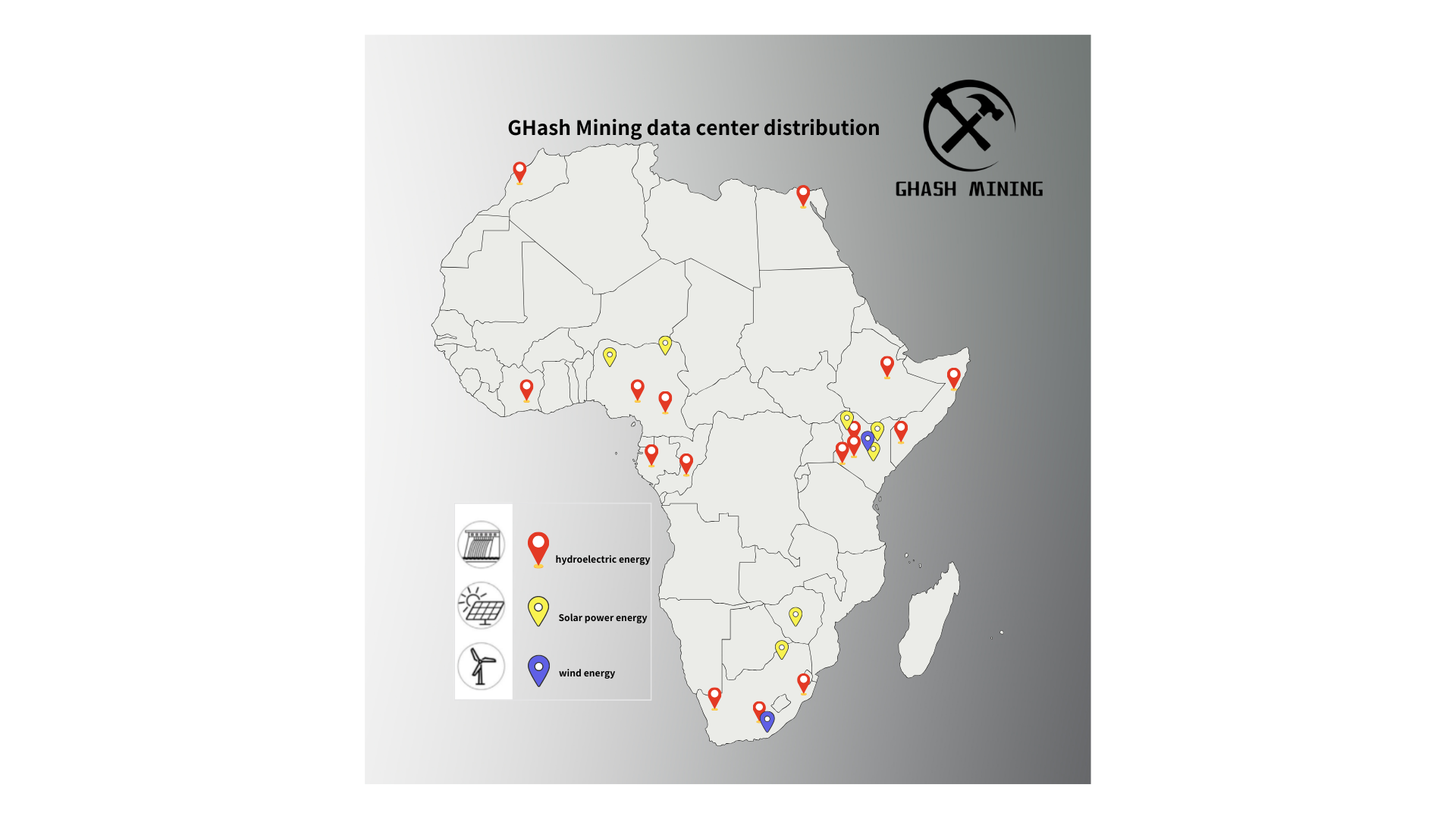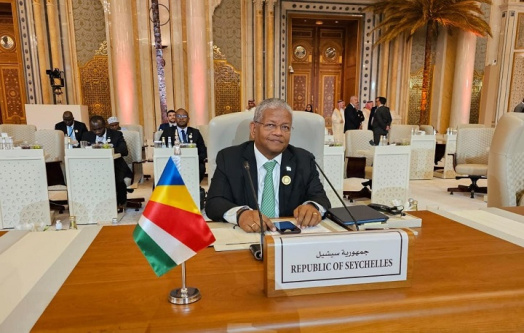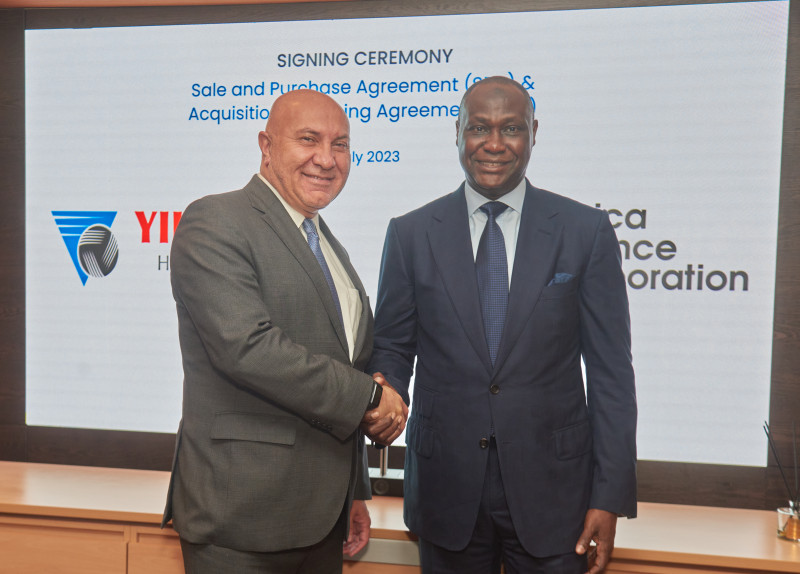Story: Mohammed Abu
The 2023 edition of Intra African Trade Fair(IATF2023) dubbed, the Africa Continental Free Trade Agreement(AfCFTA) Marketplace has ended in Egypt with emphasis on not just an integrated but most importantly, an efficient payment system for intra African trade
| In a detailed response during a press conference on the final day of IATF2023, H.E. Prof. Benedict Oramah, President and Chairman of the Board of Directors, Afreximbank, addressed the integration of payment systems among central banks in Africa.
He highlighted the challenges and successes in implementing a unified payment system. Oramah pointed out that while some regions already have established systems, the goal is to collaborate or integrate these into a singular, more efficient system.
He emphasized the significant progress made, citing the recent agreement among African Central Banks to adopt a unified architecture for payment systems.
This move, strongly backed by early decisions at the African Union, supports the implementation of the African Continental Free Trade Area (AfCFTA), signaling a major political and economic milestone.
Oramah further elaborated on the ongoing efforts to onboard central banks individually, acknowledging the complexity of the task.
Additionally, he highlighted the collaboration with the Caribbean, mentioning CARICOM states’ agreement to adopt the pan-African system. This decision enhances the potential for increased trade and economic ties between Africa and the Caribbean. |
|
|
The Intra African Trade Fair or IATF was created as a platform for entry into Africa’s single market of over a billion people joined together through the African Continental Free Trade Area (AfCTA) platform.
IATF 2023, the third edition of the event, held under the theme “Building Bridges for a Successful AfCFTA”., was hosted by The African Export-Import Bank (Afreximbank), in collaboration with the African Union and AfCFTA Secretariat, that welcomed heads of state, senior government officials; continental/global players in multiple sectors.
The fair was expected to have attracted 75 participating countries,1600 business exhibitors, entrepreneurs, investors, financiers and 35,000 buyers and visitors with $43 billion worth of trade and investment deals expected to be closed.
The African Development Bank played a lead sponsorship role given its active involvement on the IATF Advisory Council, and its commitment to AfCFTA implementation under its “Regional Integration” and “Industrialize Africa” High 5 priorities.
Promoting the competitiveness of African member countries under the AfCFTA agenda also aligns with the Bank’s goal to support private sector development, competitiveness, and strong trade performance for African countries.
The various sectors covered include agri-agrobusiness, health, environment and climate development, infrastructure – power (renewable energy), water, transport and logistics development.
Major Outcomes of IATF 2023
| Launch of Intra-African EPC Contract Promotion Programme |
| Afreximbank today in Cairo launched a new initiative that will open doors, allowing African contractors to capitalise on various infrastructure investments available across the continent.
Prof. Benedict Oramah, President and Chairman of the Board of Directors of Afreximbank, joined by Rania Al-Mashat, Minister of International Cooperation of Egypt, launched the Afreximbank Intra-African Engineering, Procurement and Construction (EPC) Contract Promotion Programme during the Presidential Summit of the Intra-African Trade Fair 2023 (IATF2023).
Prof. Oramah told guests that the programme was one of the Bank’s initiatives to support the implementation of the African Continental Free Trade Area (AfCFTA), saying that it aimed to enable African companies to successfully bid for, win and execute infrastructure contracts in Africa through capacity building, twinning, market access opportunities, financing, guarantees and technology solutions. |
Afreximbank–Somoil Sociedade Petrolífera Angolana S.A.Deal
Afreximbank is thrilled to announce the signing of a transformative USD 570 million Dual Tranche Term Loan and Revolving Facility with Somoil – Sociedade Petrolífera Angolana S.A. (Etu Energias)
Signatories were Mr. Fernando Hermes, Chief Finance Officer of Etu Energias, and Mr. Rene Awambeng, Client Relations Global Head at Afreximbank.
Etu Energias, the largest private oil company in Angola, has been a valued partner of Afreximbank, with a previously arranged and successfully closed USD 190 million facility in 2022. The new proposed USD 570 million Facility is crucial to further enhance Angola’s participation in the vital oil and gas sector, which contributes over 90% of the country’s exports. This initiative ensures the retention and development of local personnel, reinforcing Angola’s strategic position in this sector.
Increase of Afreximbank’s Global Facility Limits for Elsewefy Electric to USD 300 million
Afreximbank has increased its Global Facility limits for Elsewefy Electric to USD 300 million!
This boost is dedicated to supporting contracting guarantees and working capital needs, empowering Elsewedy to tackle its backlog projects across Africa.
The partnership with Elsewedy has been a journey of success, executing impactful projects in over 9 African countries. From Zambia to Tanzania, it’s been instrumental in bringing energy solutions and trade-enabling infrastructure to the continent.
Afreximbank-Oando Deal
Afreximbank confirmed the signing of a Mandate Letter for a USD 800 Million Syndicated Dual Facility with Oando. This financial package comprises a USD 500 Million Senior Secured Reserve Based Lending facility and a USD 300 Million Receivables Backed Term Loan facility.
The aim is to fuel a strategic acquisition of a 20% participating interest in the Nigerian Agip Oil Company Limited (NAOC). This includes Oil Mining Leases 60, 61, 62, and 63, as well as the entire issued share capital of NAOC, acquired from Eni S.A.
This move perfectly aligns with the Afreximbank’s unwavering commitment to supporting indigenous African institutions. The facility underscores our dedication to financing transactions that not only boost Africa’s trade but also empower local companies by transferring capacity from foreign institutions to African hands.
This acquisition is a pivotal moment for Oando, propelling it to new heights in the oil industry by significantly enhancing its production capacity. Beyond that, this financing is a shining example of Afreximbank’s prowess in mobilizing capital for robust transactions within its member nation
Afreximbank- Griner Engenharia S.A Deal
In a landmark move towards fostering economic development in Angola and contributing to intra-African trade, Afreximbank announced the signing of a USD 30 million Corporate Loan Facility with Griner Engenharia S.A., a leading Angolan construction company.
This deal, a term sheet, was signed by Mr. Joao Faria, Board Member of Griner Engenharia, and Mrs. Kanayo Awani, Executive Vice President, Intra-African Trade Bank, Afreximbank and signifies a strategic partnership that aligns with Griner’s remarkable track record and commitment to advancing trade-supporting infrastructure in Africa.
Griner Engenharia, with its commendable presence and activities across multiple African countries, including Angola, Mozambique, Cape Verde, and Ghana, stands as an Intra-African Trade Champion. The USD 30 million facility, split into two tranches, is poised to have a substantial impact on both job creation and trade volumes.
The provision of this facility is expected to generate over 1,500 job positions, further strengthening Griner’s commitment to fostering employment opportunities in Angola. Additionally, the supported contracts are projected to contribute more than USD 100 million to intra-African trade volumes and an additional USD 135 million to Angolan export volumes.
Afreximbank-Access Bank Plc 500 Billion Naira Deal
In a significant milestone, Afreximbank and Access Bank Plc successfully signed a Framework Agreement for a ground breaking 500 Billion Naira Sub Sovereign Financing Programme, empowering selected Nigerian sub-nationals.
This initiative, realized under the Africa Sub-Sovereign Network Initiative, aimed to bolster economic diversification through the development of trade and trade-enabling infrastructure.
The selected Nigeria states, including Anambra, Ekiti, Kwara, Ogun, and Oyo, are poised to transform into manufacturing and logistics hubs, catalyzing job creation, elevating income levels, and ensuring the enduring diversification of the Nigerian economy.
The deal was signed by key stakeholders, including governors of participating states, such as His Excellency Governor Chukwuma Soludo CFR of Anambra State and His Excellency Governor Seyi Makinde of Oyo State. The signatories from Access Bank Plc and Afreximbank included Mr. Roosevelt Ogbonna, Group Managing Director of Access Bank Plc, and Mr. Rene Awambeng, Client Relations, Afreximbank.
The collaboration marked a monumental step towards fostering economic prosperity and sustainable development.
Afreximbank launches African gastronomy and culinary arts programme
The African Export-Import Bank (Afreximbank) launched an African Gastronomy and Culinary Arts Programme under its Creative Africa Nexus Initiative (CANEX).
The CANEX African Gastronomy and Culinary Arts Programme is the newest vertical within the CANEX programme and featured nine celebrity chefs from Africa and the Caribbean taking part in masterclasses, live cooking demonstrations and conversations with culinary experts.
The inaugural session of the programme, concluded with a live demonstration, dubbed the “Jollof Wars” to highlight the unique flavours and cultural diversity of Jollof rice among Nigeria, Ghana and Senegal
| Prof. Benedict Oramah, President and Chairman of the Board of Directors of Afreximbank, said that the introduction of the programme would help to refocus continental efforts towards local food production to ensure food security, reduce high food costs and imports and minimise the impact of external shocks on Africa’s food supply chain. |
|
|
Other deals worthy of mention included the following:
- Afreximbank announced its approval to participate in a USD 130 million Senior Term Loan Facility, contributing to the USD 168 million total, dedicated to Azikel Petroleum Limited
- EVP Ms Kanayo Awaniand President of Basketball Africa League (BAL) Mr Amadou Gall Fall have signed a deal announcing the U23 BAL4HER Basketball Camp
- Afreximbank announced a strategic partnership with the Africa Center marking a commitment of USD 5,000,000 over four years
- Afreximbank confirms a partnership with the Basketball Africa League (BAL), a collaboration between the International Basketball Federation (FIBA) and the NBA, investing USD 750,000
- Afreximbank is set to empower Matrix Energy with a USD 100 million Receivables-backed Corporate Term Loan Facility, solidifying its commitment to fostering growth in Nigeria’s oil and gas sector
- Afreximbank signed a USD 50 million Term Loan Facility in favor of Green Economic Zone Kaduna
- Afreximbank is providing a USD 75 million Guarantee Facility to Sterling Bank Plc
- Afreximbank announced a collaboration with Banque Nationale pour le Developpement Economique (BNDE), Senegal involving a EUR 40 million dual-tranche facility
- Afreximbank announced a EUR 12 million facility extended to SAMAPECHE
- Afreximbank signs a EUR 11.2 million Term Sheet O3S – Oil Senegal Support Servicesa pioneering 100% Senegalese entity dedicated to Offshore Maritime Operations
- Afreximbank signed a Memorandum of Understanding (MOU) with CRDB Bank Plcduring the Afreximbank Africa Diaspora Center Announcement
Two immensely successful editions of the IATF have been held in Cairo, Egypt (2018) and Durban, South Africa (2021
IATF2023 Stand Awards
Celebrating Excellence at IATF2023
Yusuf Daya, Director AU/AFCTFA Relations and Trade Policy, honoured outstanding exhibitors with Stand Awards.
Recognizing innovation, creativity, and impactful presentations, these awards showcase the pinnacle of excellence at the Intra-African Trade Fair.
Winners, whose dedication and ingenuity shine bright at IATF2023, included the following::
- Best Feature Stand Award sponsored by FDH Bank Plc!
- Most Innovative Stand Award goes to ALGERIA
- Best AU Youth Stand Award goes to Africa Design
- ARISE IIPWins Best Business Stand
- CEO of Mota-Engil Africa and the CFO of Africa receive the prestigious Best Individual Award
- Chevron received Best Auto Stand Award
- GEPA wins the prestigious Best Stand Award
Algeria IATF2025 Host
| Algeria has been selected to host the fourth Intra-African Trade Fair (IATF2025) scheduled to take place in 2025, Chief Olusegun Obasanjo, Chairman of the Advisory Council of the Intra-African Trade Fair and former President of Nigeria, has announced.
Speaking yesterday in Cairo during the Presidential Summit of the third Intra-African Trade Fair (IATF2023), Chief Obasanjo said that the selection followed a rigorous review of bids received by the Advisory Council for the hosting of the continental event.
“We congratulate the government and people of Algeria for winning this bid,” he said, adding, “We look forward to converging in Algiers in 2025”. |
|
|
Two immensely successful editions of the IATF have been held in Cairo, Egypt (2018) and Durban, South Africa (2021
Afreximbank has identified intra-African trade as a critical factor for unlocking Africa’s economic potential. Although the share of intra-African trade as a percentage of total Africa trade has increased from 10 percent in 1995 to around 16 percent, it remains low compared to the levels in Europe (59 %), Asia (51%) and North America (37%).
